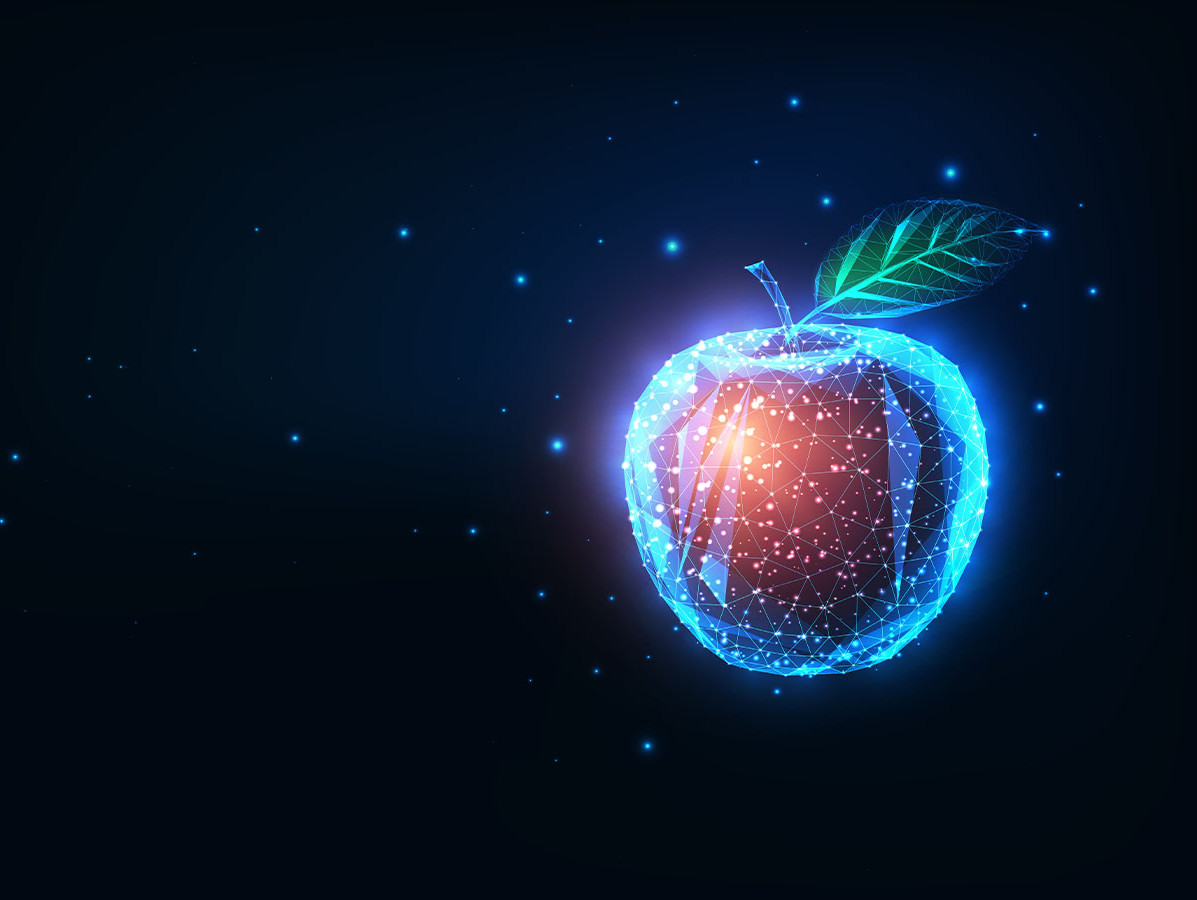
As we still grapple with the aftershocks of last year's inflation, a new landscape unfolds in the 2024 food market. Rising prices seem an inevitable path, but it's the strategic course that producers, retailers, and hospitality operators must chart that intrigues the most. From energy transition to the rise of Artificial Intelligence and the impending revolution in packaging legislation, this update unveils the crucial developments that will shape the trajectory of the food industry in the coming year.
The food sector continues to face rising prices in 2024, despite the slow wane of last year's inflationary shock. Producers, retailers, and hospitality operators grapple with escalating costs, ranging from consumption taxes to increasing raw material and personnel expenses.
The focus of market players shifts toward margin preservation and recovery, with limited enthusiasm for broader price reductions. Consumers are expected to pay an average of 1 to 2% more for food in 2024, a significant drop from the price inflation of over 11% in 2023. Cautious economic recovery and rising wages, however, offer room for optimism.
Supermarkets are expected to experience a revenue decline of about 1% in 2024, primarily due to the ban on tobacco sales. In contrast, the foodservice sector, remaining stable, anticipates an average revenue growth of 2 to 3%, supported by slight price increases.
After the peak in 2023, world market prices for agricultural commodities are expected to decrease slightly in 2024, primarily due to improved harvests and weaker global demand. However, geopolitical and economic uncertainties, along with climate change, continue to create instability in the commodities market.
The Dutch food industry faces the challenge of energy transition, driven by high energy prices. Entrepreneurs are taking steps to reduce energy consumption and increase flexibility. Collaboration and strategies in energy management are essential for a smooth transition to green energy.
Artificial Intelligence (AI) offers new possibilities for food companies, particularly in operational efficiency, marketing, customer experience, and product innovation. Supermarkets already use AI for inventory management and sustainability goals. However, challenges such as the reliability and authenticity of AI solutions call for new regulations.
The food chain prepares for a significant tightening of packaging legislation, with the Packaging and Packaging Waste Regulation (PPWR) expected to be approved around mid-2024. Food companies must make strategic choices, including reconsidering their packaging portfolios, procurement and sales strategies, and investments in recycling systems.
The Dutch government supports the transition to a circular economy with initiatives such as Circo tracks, designed to bring together entrepreneurs in the small and medium-sized enterprises (SMEs) sector and develop sustainable products and business models through design thinking. This approach is crucial to achieving the goals of a fully circular Netherlands by 2050.
Source: Rabobank